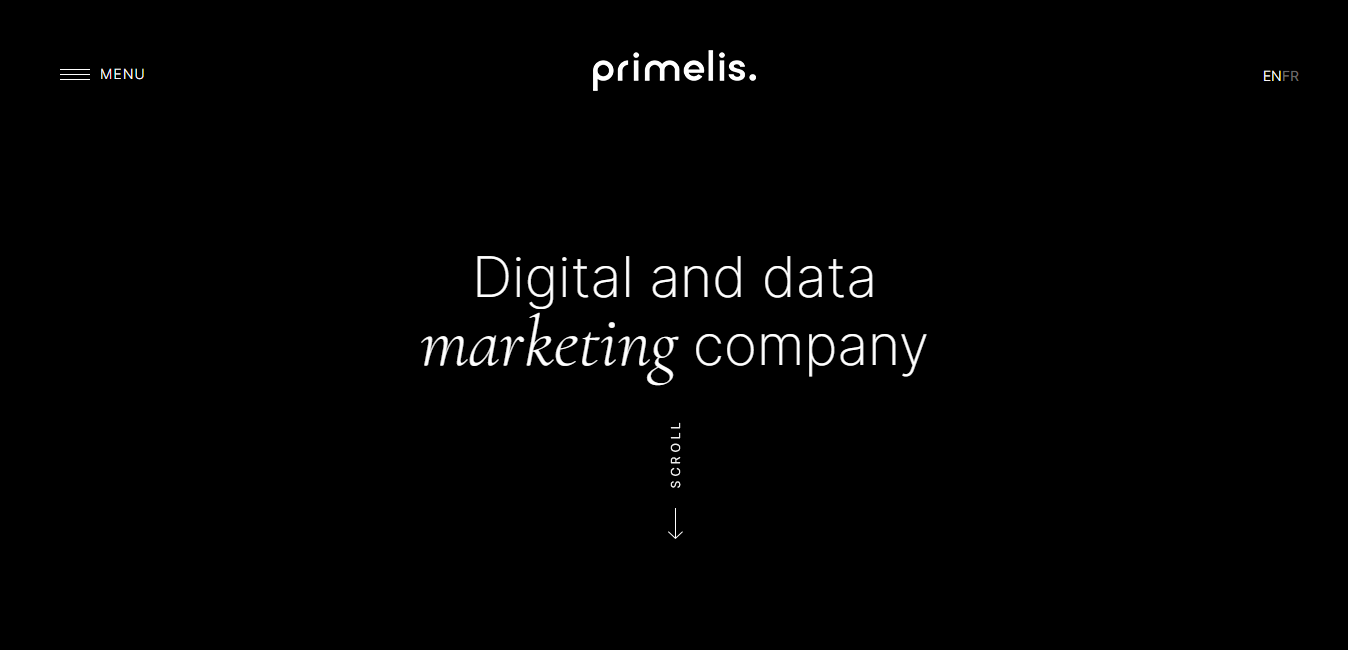In the vast realm of digital marketing, one term that often takes center stage is SEO, or Search Engine Optimization. Businesses and website owners are constantly striving to enhance their online visibility and reach a broader audience. Achieving high search engine rankings is a key aspect of this endeavor. One crucial element of SEO that often goes overlooked is keyword relevancy. Today, we will delve into the importance of keyword relevancy in SEO strategies, explore how it affects your website’s performance, and discuss best practices for optimizing keyword usage.
Understanding Keyword Relevancy
Keyword relevancy refers to the extent to which the keywords used in your content align with the intent and interests of your target audience. It’s not just about incorporating popular keywords; it’s about using the right keywords that match what your potential visitors are searching for. By doing so, you can enhance your website’s chances of ranking higher in search engine results pages (SERPs) and attracting the right kind of traffic.

The Significance of Keyword Relevancy
The first place we’ll discuss the importance of keyword relevancy is right here in the introduction. It’s essential to emphasize the significance of this topic from the very beginning, so let’s dive right into it.
Keyword relevancy is the backbone of effective SEO. Search engines like Google continuously evolve their algorithms to deliver the most relevant and useful results to users. Therefore, if your website’s content is not aligned with the keywords your audience is using, you’re likely to be left behind in the SERPs.
Imagine you have a business in Brooklyn that offers SEO services. You might think that targeting broad keywords like “SEO” or “digital marketing” will help you reach a global audience. However, if your primary customer base is in Brooklyn, you’ll need to incorporate location-specific keywords like “Brooklyn SEO” to ensure you’re attracting local prospects.
Keyword Research and Selection
Before we delve deeper into the subject, let’s talk about the fundamental step in optimizing keyword relevancy: keyword research and selection.
When selecting keywords, it’s crucial to consider their relevance to your niche, business, or website. Using tools like Google Keyword Planner can help you identify which keywords have a higher search volume and lower competition, giving you an edge in ranking.
For instance, if you’re a Brooklyn-based SEO agency, targeting keywords like “Brooklyn SEO services,” “SEO experts in Brooklyn,” or “Brooklyn digital marketing” would be more relevant to your business than generic terms like “SEO” or “digital marketing.”
Optimizing On-Page Content
Now, let’s shift our focus to the heart of SEO: on-page content optimization. This is where keyword relevancy truly shines.
Placing your chosen keywords strategically within your content is essential for search engine visibility. Here are some key areas to optimize:
Title Tags: Incorporate your target keywords naturally in the title tags of your web pages. For instance, if you offer SEO services in Brooklyn, your homepage title tag could be “Brooklyn SEO Services | Your Company Name.”
Header Tags: Use header tags (H1, H2, H3) to structure your content and include relevant keywords in your headers and subheaders. This not only improves keyword relevancy but also enhances the readability of your content.
Body Content: Naturally integrate keywords throughout your content. Avoid keyword stuffing, as it can result in penalties from search engines. Instead, focus on creating high-quality, informative content that naturally includes your keywords.
Meta Descriptions: Craft compelling meta descriptions that include your keywords. This can encourage users to click through to your website when they see your listing in the SERPs.
User Intent and Keyword Relevancy
User intent is another crucial aspect to consider when optimizing keyword relevancy. Understanding why users are searching for specific keywords can help you tailor your content to their needs.
For example, if someone searches for “Brooklyn SEO agencies,” their intent is likely to find a list of SEO companies in Brooklyn. If your website’s content matches this intent and provides a comprehensive list of services and customer reviews, you’re more likely to rank well and attract potential customers.
Keyword Relevancy vs. Keyword Volume
It’s worth noting that keyword relevancy sometimes trumps high search volume. While it’s tempting to target keywords with the highest search volume, they may not always be the most relevant to your business.
For instance, a keyword like “Brooklyn SEO” may have a lower search volume than a broader term like “digital marketing,” but it’s far more relevant if your business primarily serves the Brooklyn area. In such cases, prioritizing keyword relevancy over volume can lead to better results and higher conversion rates.

Keyword Relevancy and Local SEO
Local businesses, in particular, can benefit significantly from keyword relevancy, as it helps them reach their specific target audience. If your business operates in a specific location, incorporating location-based keywords is essential.
In our case, “Brooklyn SEO” is a prime example. If you’re optimizing your website for local SEO in Brooklyn, using this keyword in your content, meta tags, and even in your Google My Business listing can help potential customers find you when searching for SEO services in the Brooklyn area.
Keyword Relevancy and Content Quality
Keyword relevancy should always go hand in hand with high-quality content. It’s not enough to stuff your content with keywords; it needs to provide real value to your audience.
Search engines, like Google, have become increasingly sophisticated in assessing the quality of content. They consider factors such as readability, user engagement, and the depth of information provided. Therefore, focus on creating informative, engaging, and well-researched content that naturally incorporates your chosen keywords.
The Future of Keyword Relevancy
As search engine algorithms continue to evolve, keyword relevancy remains a cornerstone of SEO. However, it’s essential to adapt to changing trends and technologies. Voice search, for example, is becoming more prevalent, and optimizing for natural language queries is gaining importance.
Conclusion
In conclusion, keyword relevancy is a fundamental aspect of SEO that should not be overlooked. It involves selecting the right keywords, strategically placing them within your content, and aligning them with user intent. For businesses, especially those targeting specific locations like Brooklyn, incorporating location-based keywords like “Brooklyn SEO” is crucial for reaching their target audience.
Remember, SEO is a long-term game, and achieving higher rankings in the SERPs takes time and consistent effort. By prioritizing keyword relevancy and delivering high-quality content that meets user intent, you can enhance your website’s visibility and ultimately drive more organic traffic.
So, whether you’re a small business owner in Brooklyn or a digital marketer looking to improve your SEO strategy, remember that keyword relevancy is your secret weapon for online success. Keep your content relevant, provide value to your audience, and watch your website climb the ranks in search engine results.



